AARP Hearing Center


Chapter Fifteen
MAURICE BRADDICK HAD DECIDED he’d keep Lucy at home until Walden’s killer was caught. The police obviously believed the Woodyard was involved in some way in the murder and he wasn’t going to put his daughter in danger. No way. Maurice thought it would be good for the two of them to spend a day together in the garden. Lucy could get some of that exercise the social worker was always talking about and since the weather had improved he’d been itching to get out there, to get his hands covered in soil and some fresh air in his lungs. Then they could treat themselves to tea in The Golden Fleece. Lucy would like that; she was always glad of an excuse to dress up.
Lucy, though, had other ideas. She was up and ready just the same as usual, and she had her bag with her when she came in for breakfast.
‘Morning, maid. I thought we’d give the Woodyard a miss today.’ Maurice tried to sound bright, in control.
‘Why?’ She reached out for the box of cereal, filled her bowl to the rim, then stared at him, demanding an answer.
‘We could have a day here and then go to The Fleece for our tea. A bit of a treat.’
‘We could go to The Fleece when I get back from the Woodyard.’ She started to eat, as if the matter was already settled. Maurice thought she got that from her mother: a stubbornness, a refusal to listen to a good argument. But he knew she also loved routine. Anything different threw her.
Still, he gave it one more try. ‘But that man from there was killed.’
‘Not in the Woodyard, Dad. On a beach.’ And he had no answer to that.
‘I’ll give you a lift there and back then. See you safe inside.’ Of course Lucy agreed to the lift because it would save her the walk to and from the bus stop in the square, and the bus ride was no fun any more, without Walden to chat to and feed her sweets. She gave him one of her lovely smiles.
The wind was stronger. He could see it gusting on the river as they drove down towards Barnstaple. He thought the weather was changing and though he’d lost the heart for it now, he should still spend a bit of time in the garden before the rain came. He parked at the Woodyard and walked with Lucy to the door, then followed her at a distance until she was safely through the glass tunnel and into the day centre. He knew that was ridiculous. What could happen to her here, with all these people about?
But even in the day centre, there were sometimes accidents. Perhaps Lucy’s friend Rosa’s parents had had the right idea taking her away and keeping her safe at home. Maurice thought this notion of giving people like Lucy more independence was going too far. Of course they shouldn’t go back to the Dark Ages when folk were locked away in institutions, as if there was something shameful about them. But they needed to be protected. Properly cared for. In the past he’d seen the day centre as a place of safety. Now, he wasn’t so sure.
Maurice couldn’t face driving home straight away; he knew he’d be too restless to settle to anything. Instead, he went to the cafe, ordered a sausage toastie and sat there, staring out of the window, watching the scudding clouds reflected in the water, until the place filled up and they needed his table.
Chapter Sixteen
They had an early start. Jen pulled rank and insisted on driving because she’d get paid the mileage and she needed the cash. When she got to Ross’s immaculate little house on a smart new estate on the edge of town, Melanie let her in.
‘Come and wait for a moment. He’s nearly ready. You know what he’s like in the morning, he spends more time in the bathroom than me.’ Melanie rolled her eyes in mock-despair, but Jen could tell she’d forgive Ross anything. Jen wished there was something to dislike about Melanie. She was as immaculate as the house, with flawless skin and hair already styled for work. But she was kind too. She worked as a manager in an old people’s home, had started as a care assistant straight from school at sixteen and still took her turn at wiping bums and laying out the dead when they were short-staffed. As far as Jen could tell, her only fault was her taste in men. She and Ross had been going out together since they were teenagers, but Melanie still worshipped him.
He appeared at the bottom of the stairs, gave Jen a quick nod that might have been an apology for keeping her waiting, and hugged his wife. A real hug, full of affection but sexy too. At that moment Jen realized what she really felt for the couple was envy. All the way up the M5 Ross was talking, rambling about the previous weekend’s rugby match against a Cornish team, about his moment of glory, saving the day with a last-minute drop goal. Jen’s ex had been into football and the story didn’t sound so different from the ones she’d been forced to fake interest in at home. This was different, though, because Ross was just a colleague, and she was different. She didn’t have to pretend to care. When he paused for breath, she broke in. ‘You do know I don’t give a flying fuck about this sporting crap?’
He stopped, shocked and offended, and they spent the next few miles in silence. Then she thought this was ridiculous. Ross wasn’t Robbie and they had work to do. She should make more of an effort to get on with him.
‘So, you made appointments with Walden’s wife and Alan Springer. Who are we seeing first?’
‘Springer. It was hard to pin him down. He didn’t want us going to his home.’
‘Has he got something to hide, do you think?’
‘Maybe, but I didn’t think I should push it. We don’t want him disappearing and all we have at the moment is that phone call. There’s no record from the GPS on his mobile that he was anywhere near North Devon when Walden died.’
‘So, where are we meeting him?’ Jen indicated and pulled off the motorway.
‘The local nick. Bedminster. I’ve booked an interview room. The boss knows an inspector there and pulled some strings.’ ‘Stringer preferred to come to the police station rather than talk to us at home?’
‘Yeah.’
Jen hoped the man wasn’t messing them around, buying time. She hoped he’d turn up.
In the end, Springer was there before them. He was waiting when they walked in and the officer on the counter nodded towards him. Tall and well-built, muscular, sandy hair and blue eyes. In the interview room, he sat on the other side of the table from them, apparently easy and relaxed.
‘Thanks for agreeing to meet us.’
‘No worries. I was sorry to hear about Simon.’ A Bristol accent, the one Jen had heard on the answer machine.
‘How did you know him?’ They’d decided she’d take the lead on the interview.
‘We were in the army together. We became friends, both from the same neck of the woods. You know. Got married at about the same time and I left the forces soon after he did. When he set up the business with Kate, his ex, I put a bit of money in.’ He looked straight at Jen. ‘Big mistake. Never do business with a mate.’
‘Tell us about that.’
‘Kate was the driving force behind it. She’d worked in hospitality. When Si left the army, she said she wanted to see a bit more of him. She hated being a forces’ wife, left behind, moving every few years. So, when he came out, they bought a little restaurant. He’d be the chef and she’d do the admin and front of house. A partnership.’ Springer paused. ‘Si wasn’t so fussed about the idea. He’d have been happy working in a kitchen somewhere, finish at the end of the day. No responsibility. He wasn’t ambitious and he needed time to settle back in civvy street. The last thing he needed was more stress.’































































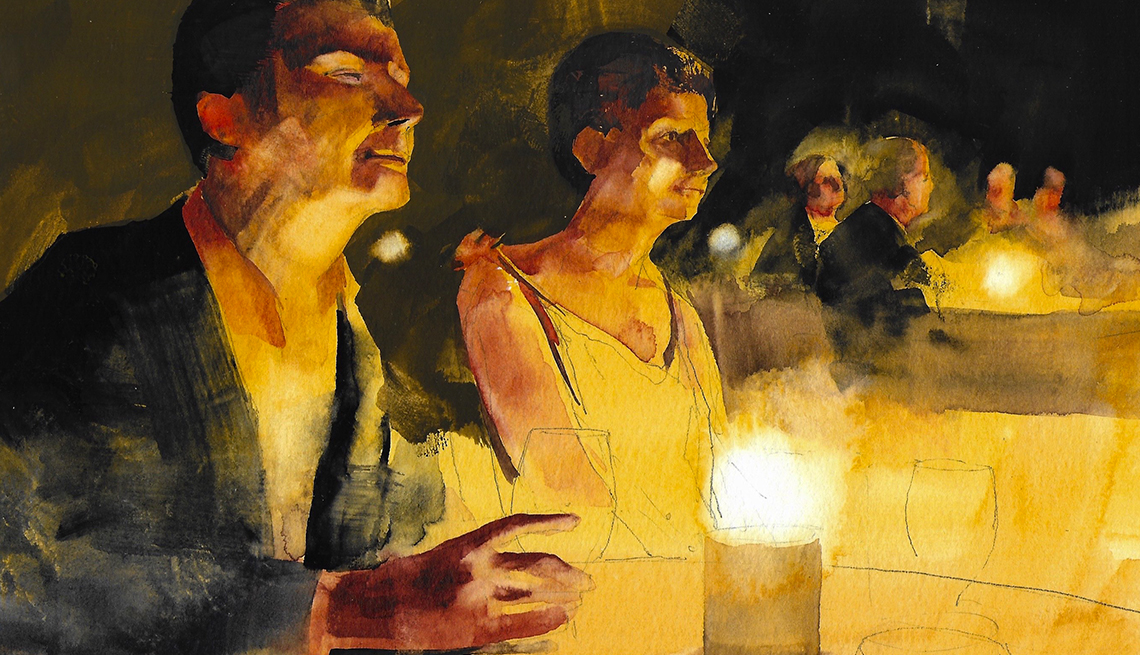
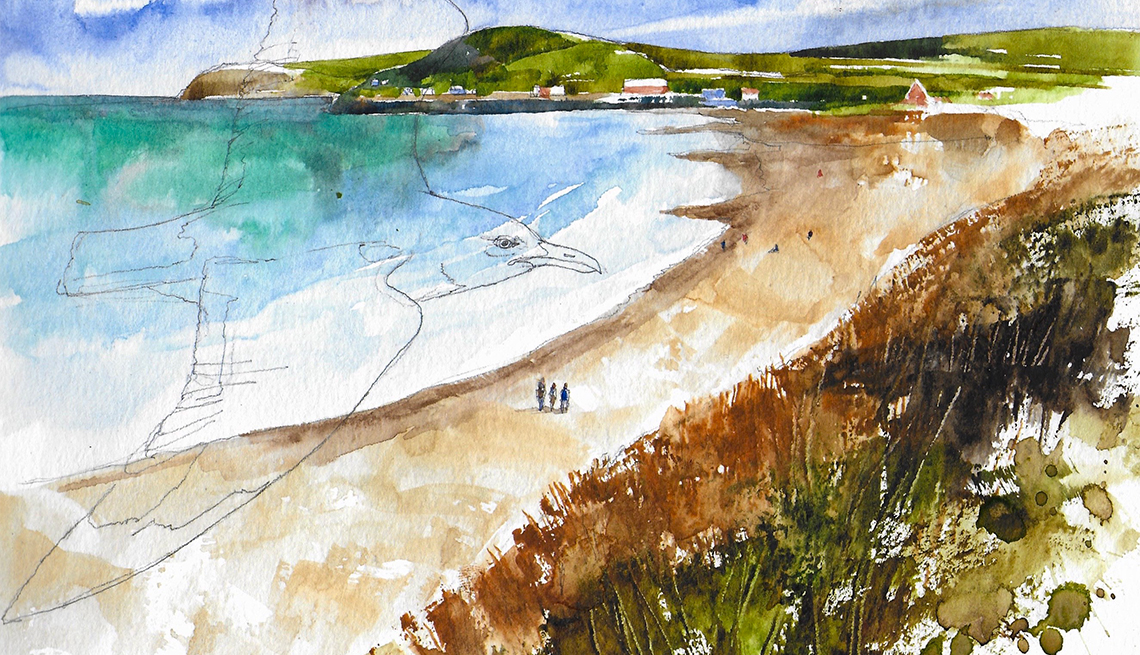
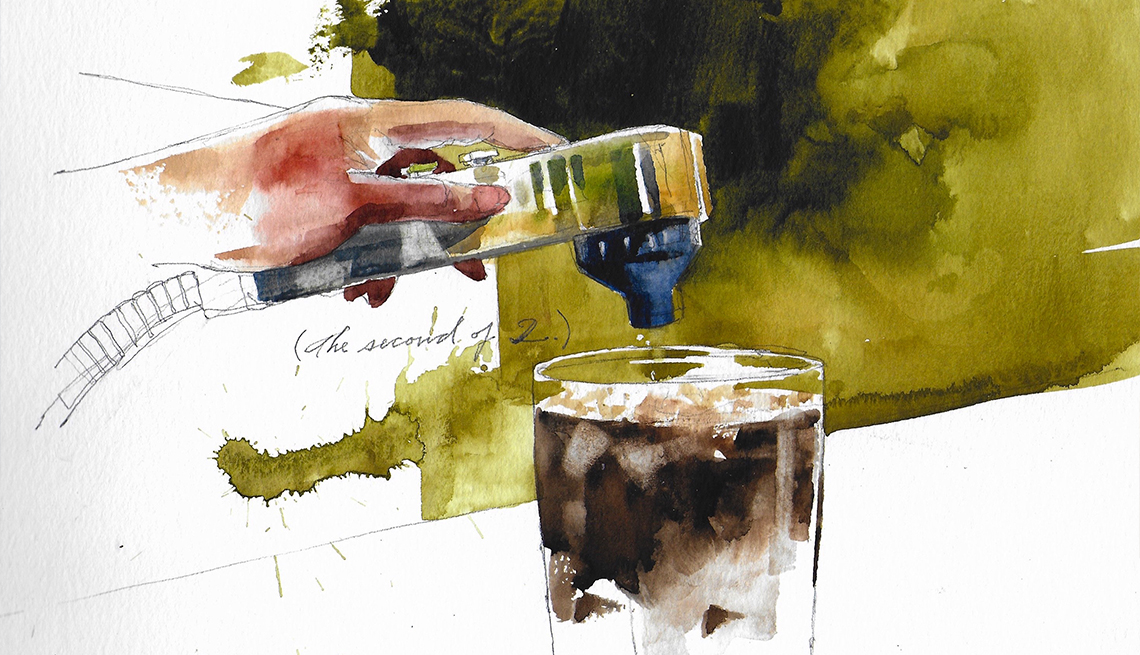
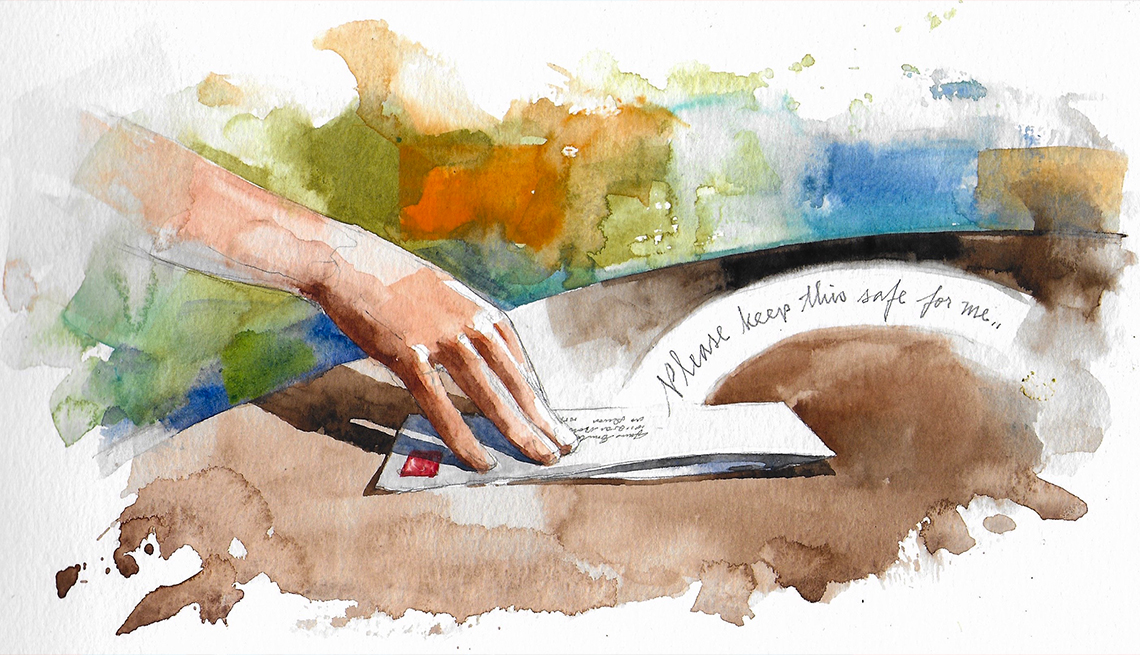
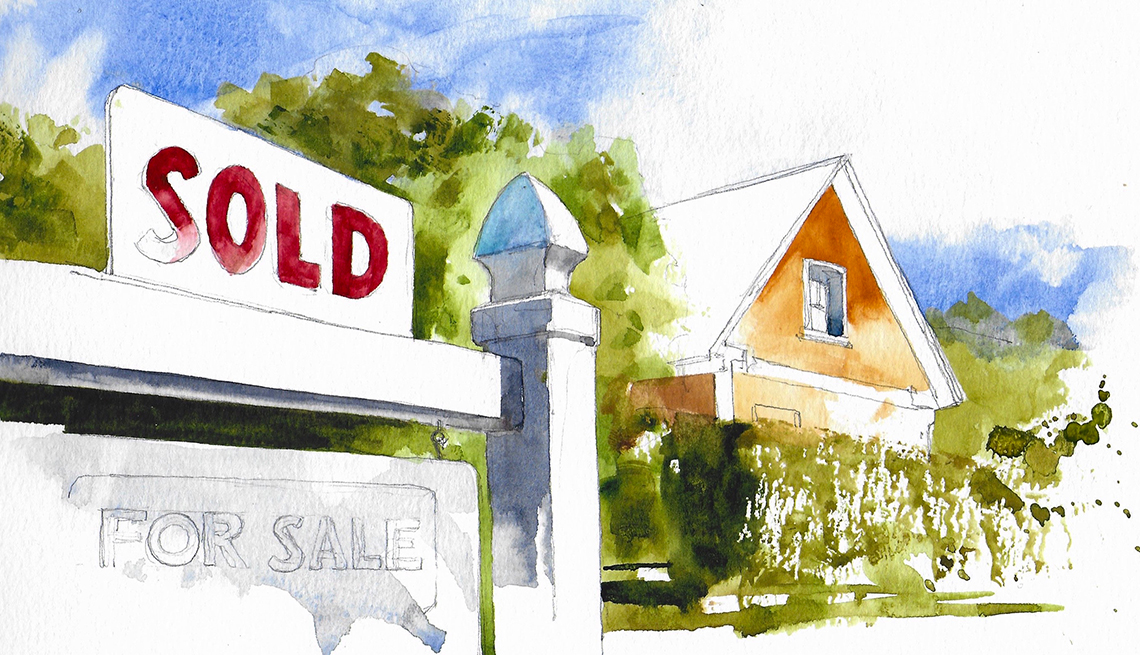

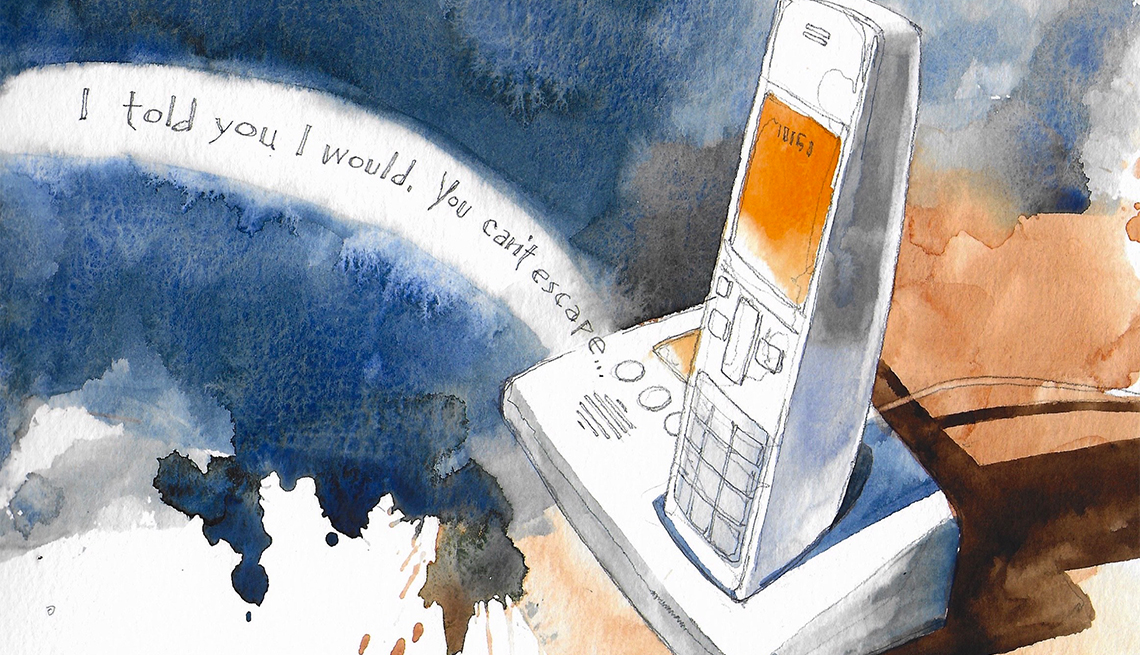
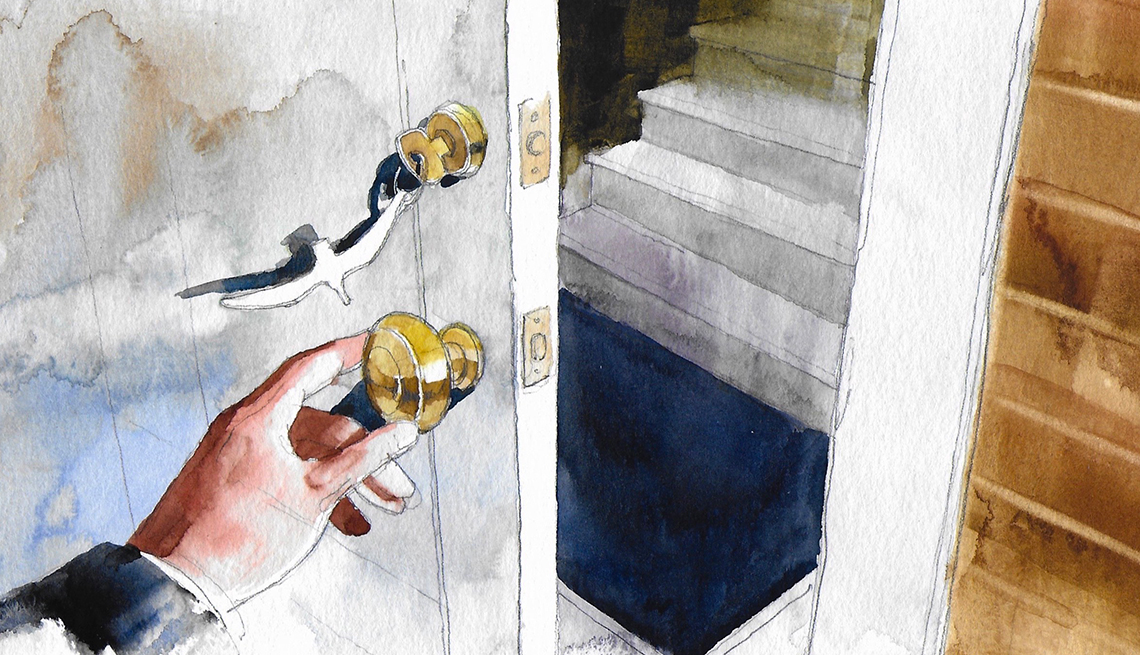
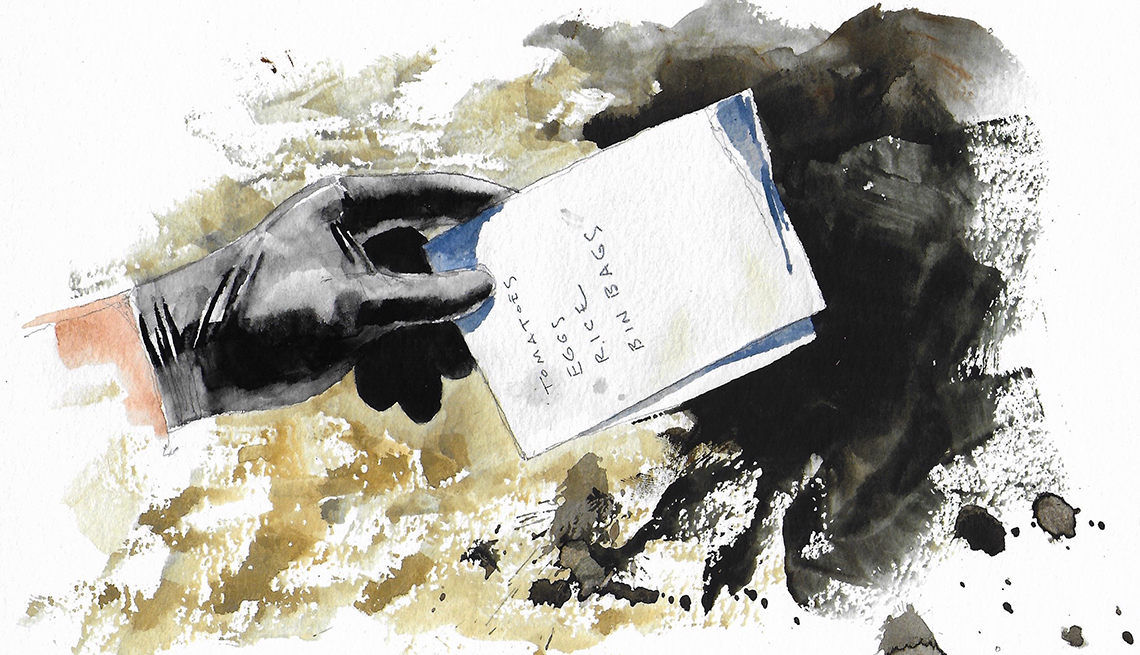
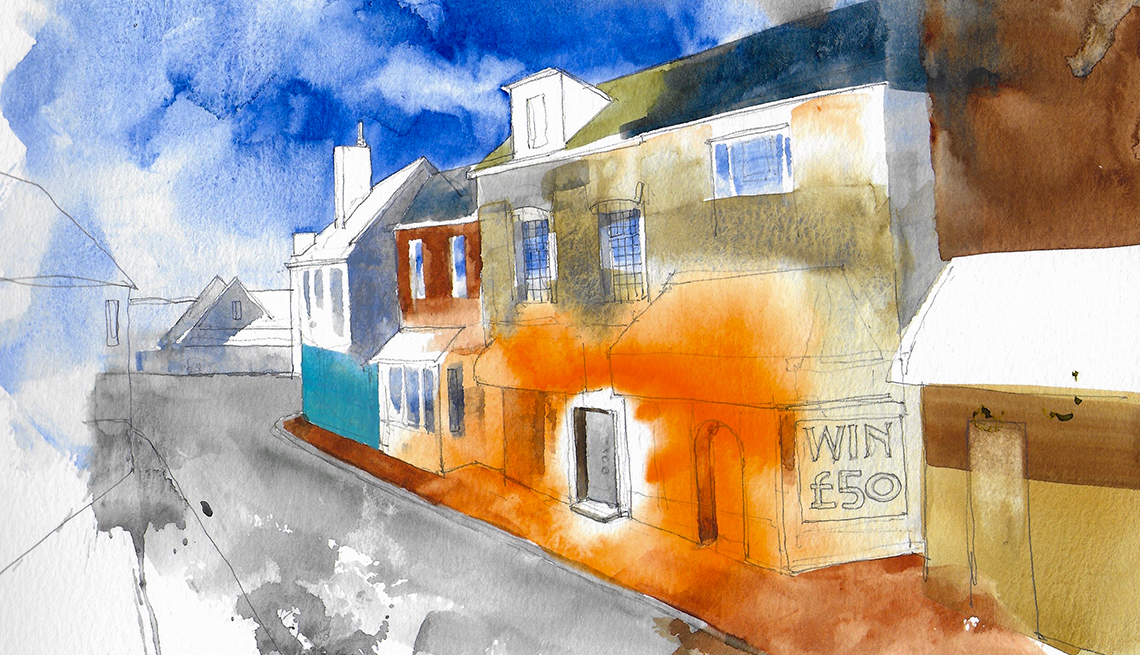
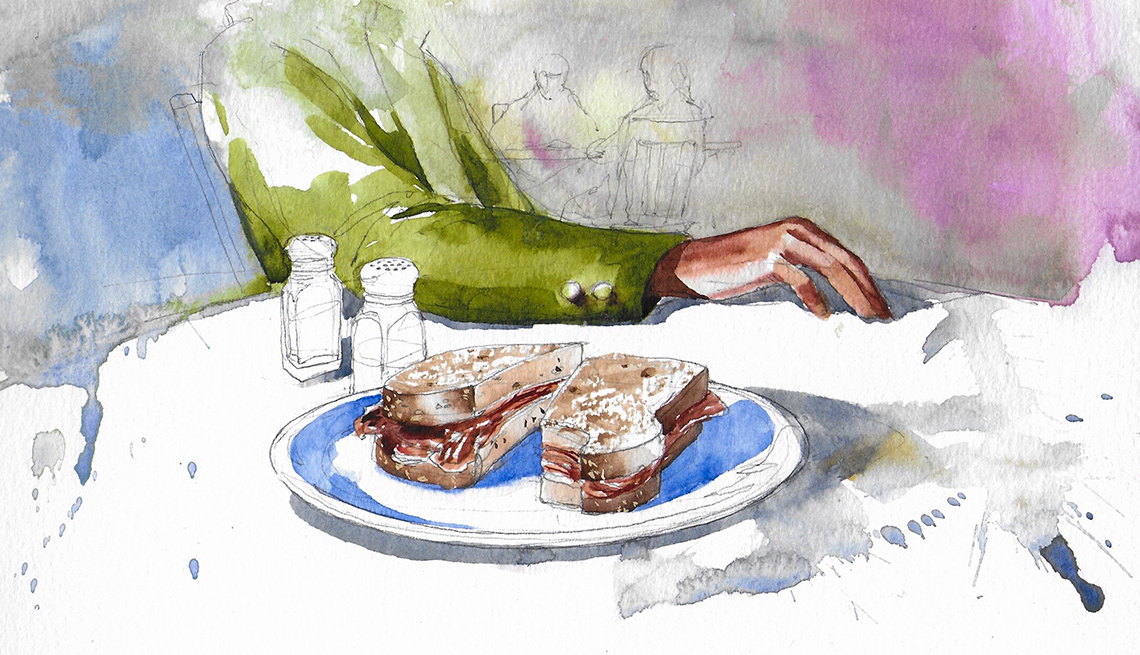
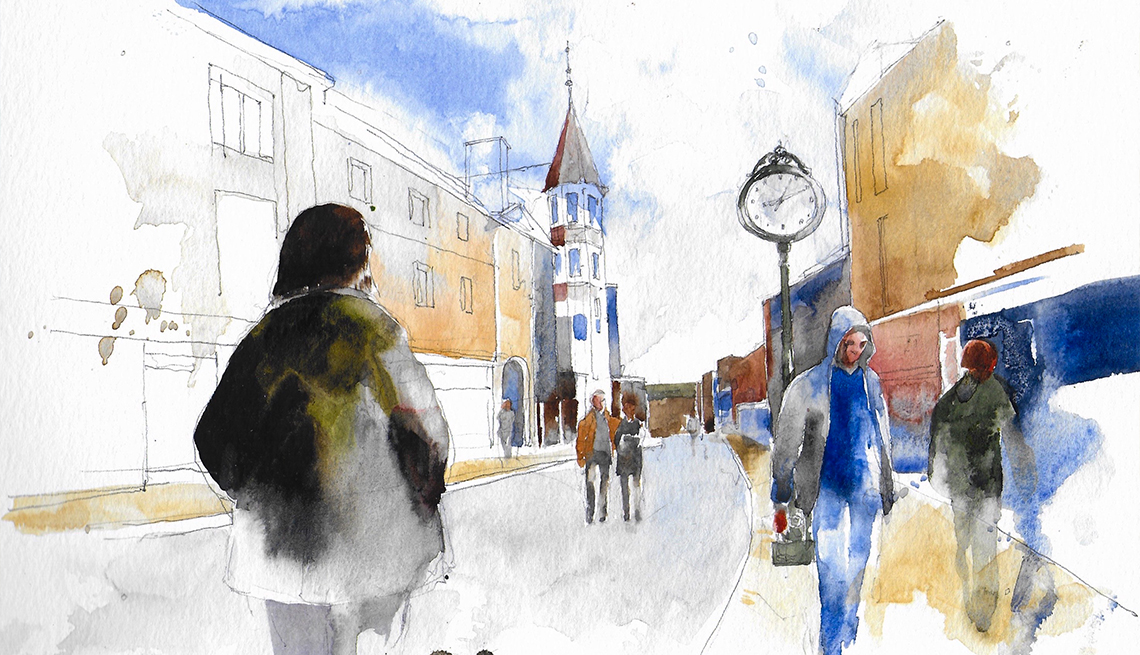
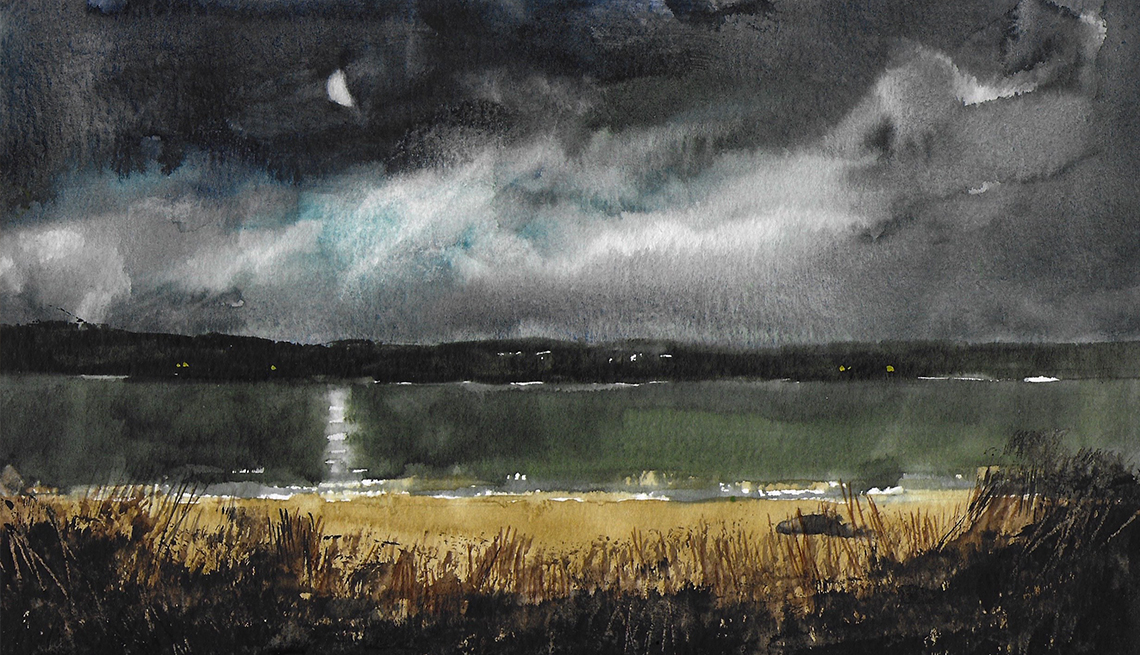
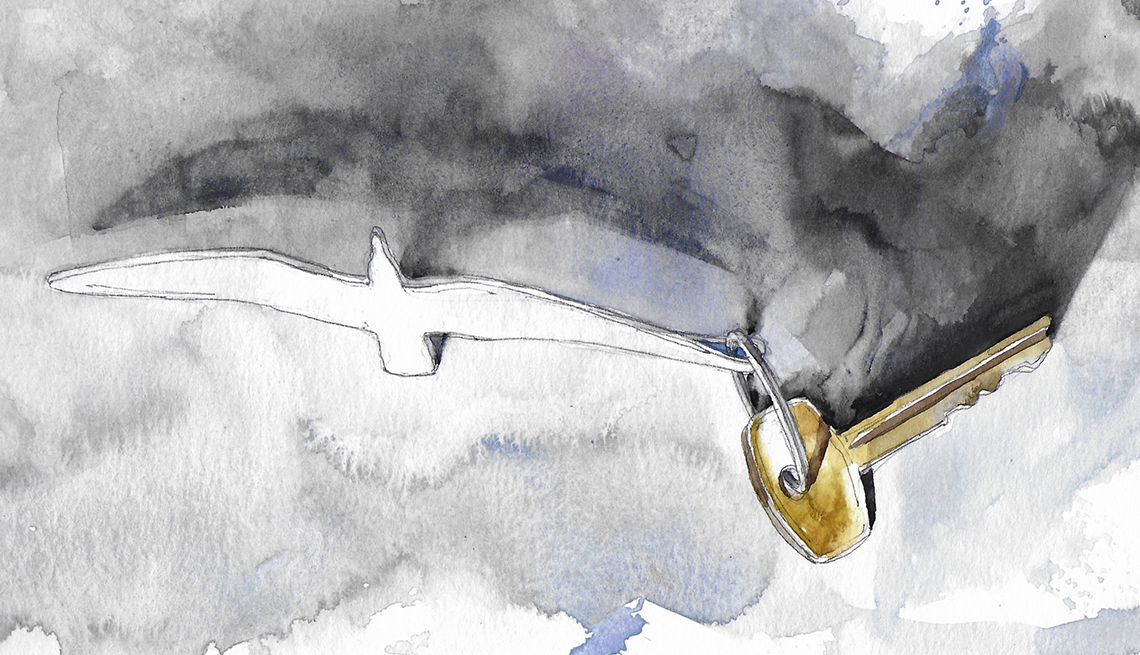
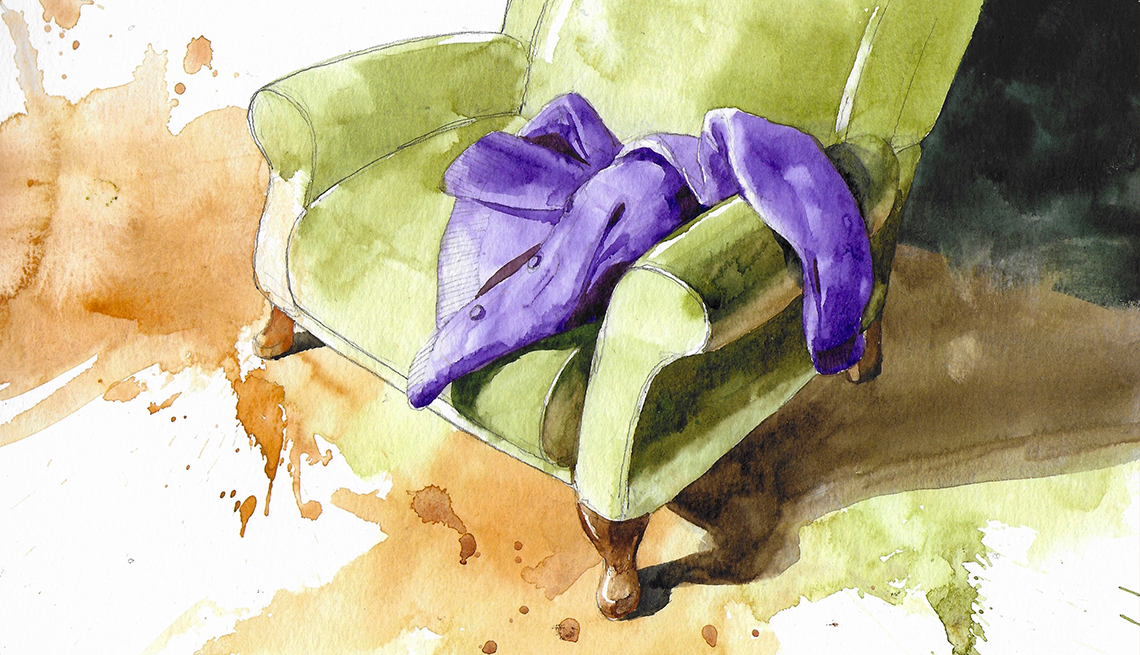
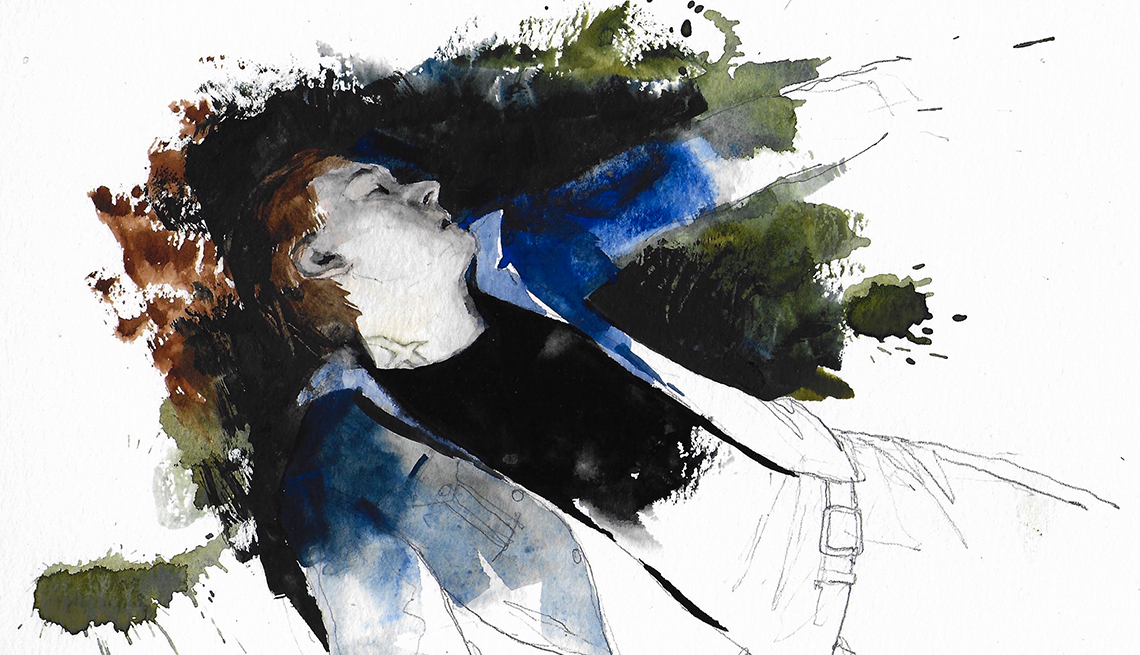
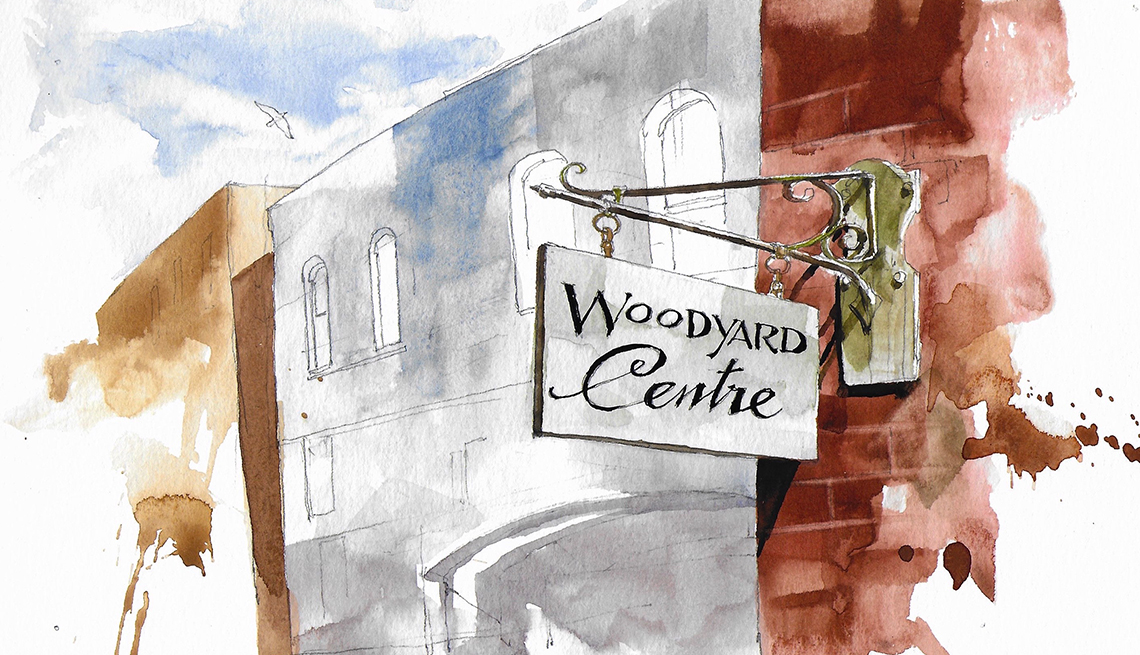

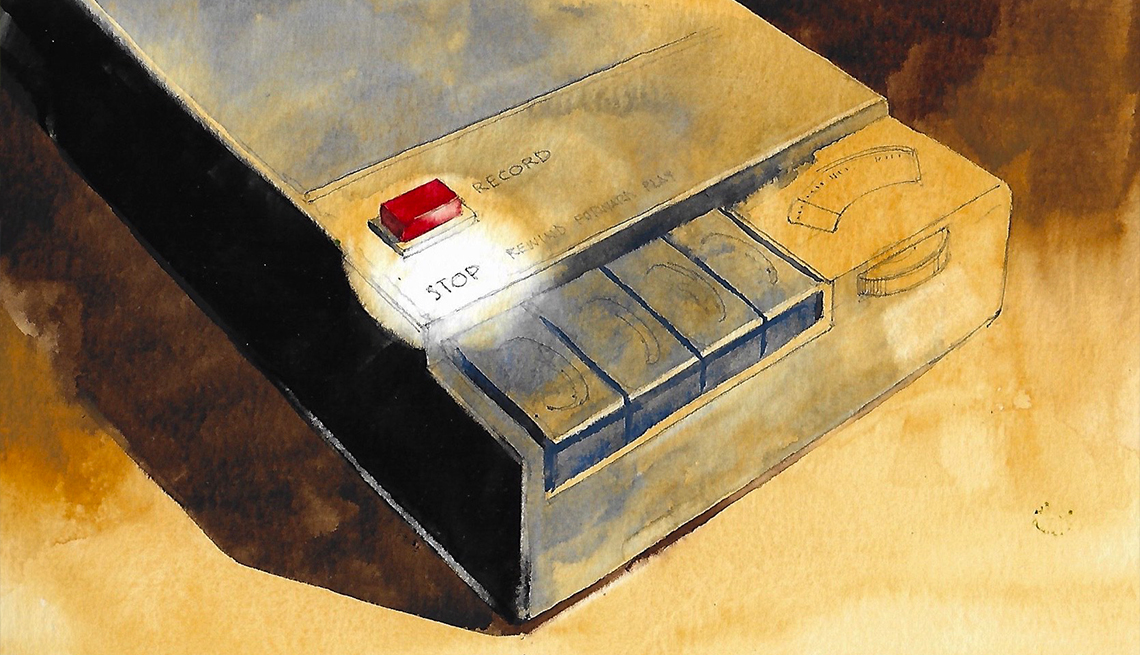
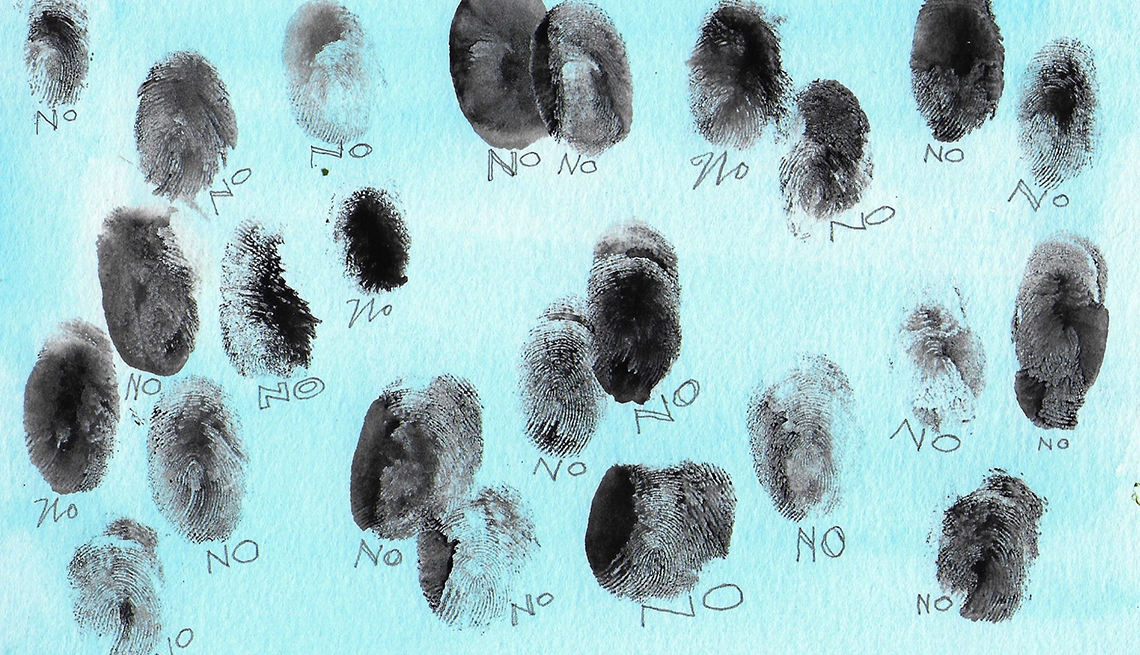
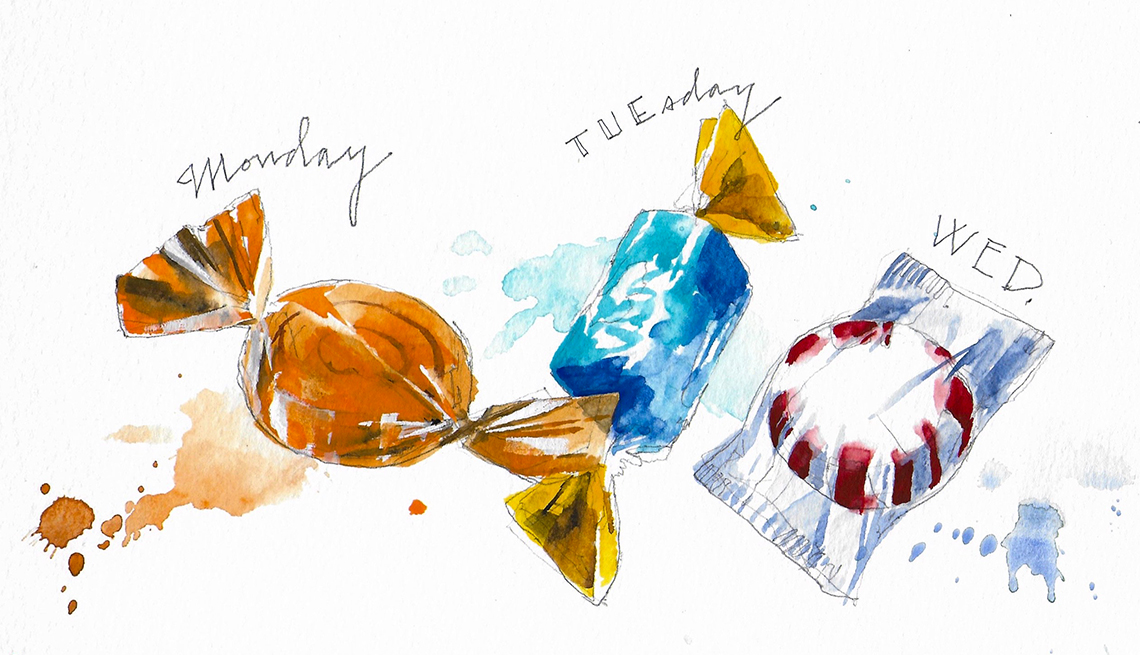



More From AARP
Free Books Online for Your Reading Pleasure
Gripping mysteries and other novels by popular authors available in their entirety for AARP members